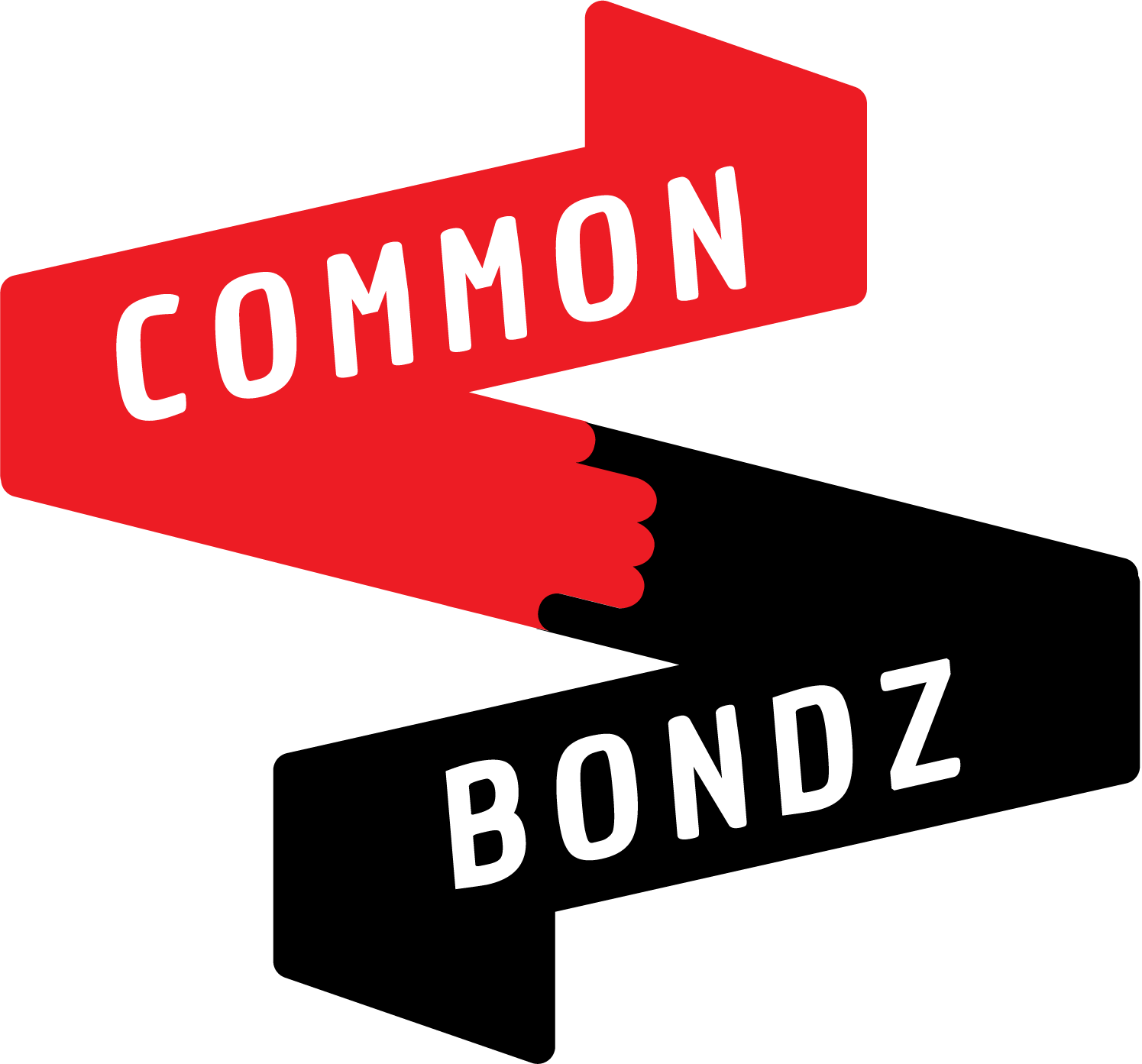CommonBondz 2022 Voter Guide
The right to vote is fundamental to American democracy, yet the United States typically has a lower voter turnout than other developed countries - especially during midterm election years. In 2018, only 50% of eligible voters in the U.S. cast a ballot.
As part of our mission to educate and empower, we want to encourage everyone to get out and vote! Your vote matters - in this year’s midterm election, there are important national and local elections on the line, including:
All 435 seats in the House of Representatives
35 of the 100 seats in the Senate
39 gubernatorial elections
At a local level, many communities will have the opportunity to elect state legislators, school board members, and other critical positions. As National Geographic writes:
A Portland State University study found that fewer than 15 percent of eligible voters were turning out to vote for mayors, council members, and other local offices. Low turnout means that important local issues are determined by a limited group of voters, making a single vote even more statistically meaningful.
All of these elections matter as they can - and likely will - impact your day-to-day life.
So what do you need to know before you head to the polls on November 8? We’re breaking it down in our CommonBondz Voter Guide.
RELATED ARTICLE: What’s at stake in the 2022 midterm elections
I’ve never voted before. Where do I start?
Many organizations, including Vote411, make it easy to find out how to register to vote. Vote411 also has a state-by-state breakdown of voter laws and information. Here’s their first-time voter checklist that makes it super easy to get started:
How do I learn about the candidates or issues on my ballot?
There are many ways you can learn about local, state, and national candidates and issues - but they all require a little legwork. However, the work will pay off when you head to the polls feeling confident in your vote. Here are a few ways to educate yourself ahead of Election Day:
Vote411 has a “personalized voter guide” - all you have to do is put in your address and information about your races and candidates will pop up.
Check your local news sources. Many local TV stations, radio stations, and newspapers will have localized voter guides that break down the races relevant to you.
Learn more about specific candidates on Ballotpedia - an online encyclopedia for voters!
Use the Young Voter’s Guide to Social Media to cut through the clutter you see online. There is a lot of misinformation on social media, and this guide is a great way to navigate it.
What are my rights at the polls?
Voter intimidation is real. Knowing your rights as a voter before you head to the polls ensure you - and potentially others - are able to cast your vote. The ACLU has a full “Know Your Rights” guide, but here are a few things to keep in mind:
If you are in line when the polls close, don’t get out of line. They must let you cast your vote.
If you make a mistake on your ballot, you can ask for a new one.
As the ACLU writes, “It’s illegal to intimidate voters and a federal crime to ‘intimidate, threaten, [or] coerce … any other person for the purpose of interfering with the right of [that] other person to vote or to vote as he may choose.’” If you are being intimidated or threatened to keep you from voting, you can report it in several ways.

